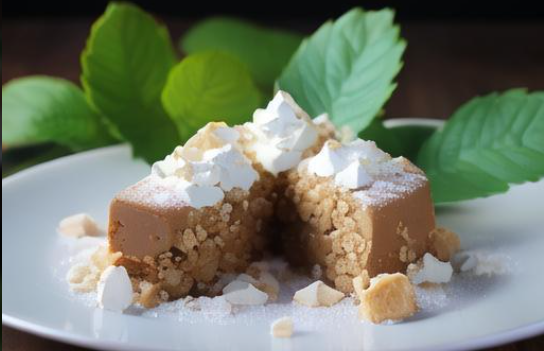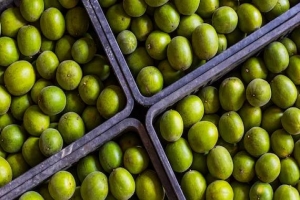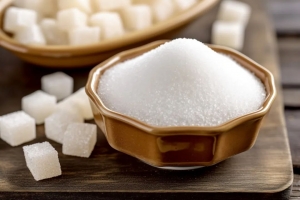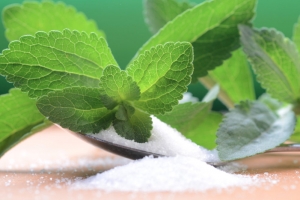Stevia, as a natural sweetener, is generally considered safe for most people when consumed within acceptable limits. The sweet components of stevia, such as stevioside and rebaudioside, are many times sweeter than sugar but have negligible calories, making them popular among those looking to reduce calorie intake or manage blood sugar levels.

The safety of stevia is supported by regulatory bodies like the U.S. Food and Drug Administration (FDA) and the European Food Safety Authority (EFSA). These organizations have approved certain steviol glycosides as food additives.
However, it's important to note that:
Moderation is key: Like with any other food or supplement, consuming stevia in moderation is recommended.Individual reactions: Some people may experience digestive issues, such as bloating or nausea, when consuming stevia, although these effects are typically mild.Potential interactions: There is some evidence suggesting that stevia might interact with certain medications, so it's a good idea to consult with a healthcare provider if you're taking any medications and considering using stevia regularly.
Overall, stevia can be a healthy alternative to sugar for most individuals, but as with any dietary change, it's best to consider personal health needs and consult with a healthcare professional if necessary.
 The regulation of Monk Fruit Extract (also known as Luo Han Guo extract) varies across different cou
The regulation of Monk Fruit Extract (also known as Luo Han Guo extract) varies across different cou
 Health Canada Approves Monk Fruit Extract as a Natural Sweetener
Health Canada Approves Monk Fruit Extract as a Natural Sweetener
 New Breakthrough in Allulose: A Healthier Sugar Alternative Gains Momentum
New Breakthrough in Allulose: A Healthier Sugar Alternative Gains Momentum
 Understanding Reb-M: The Benefits of a Next-Generation Sweetener
Understanding Reb-M: The Benefits of a Next-Generation Sweetener